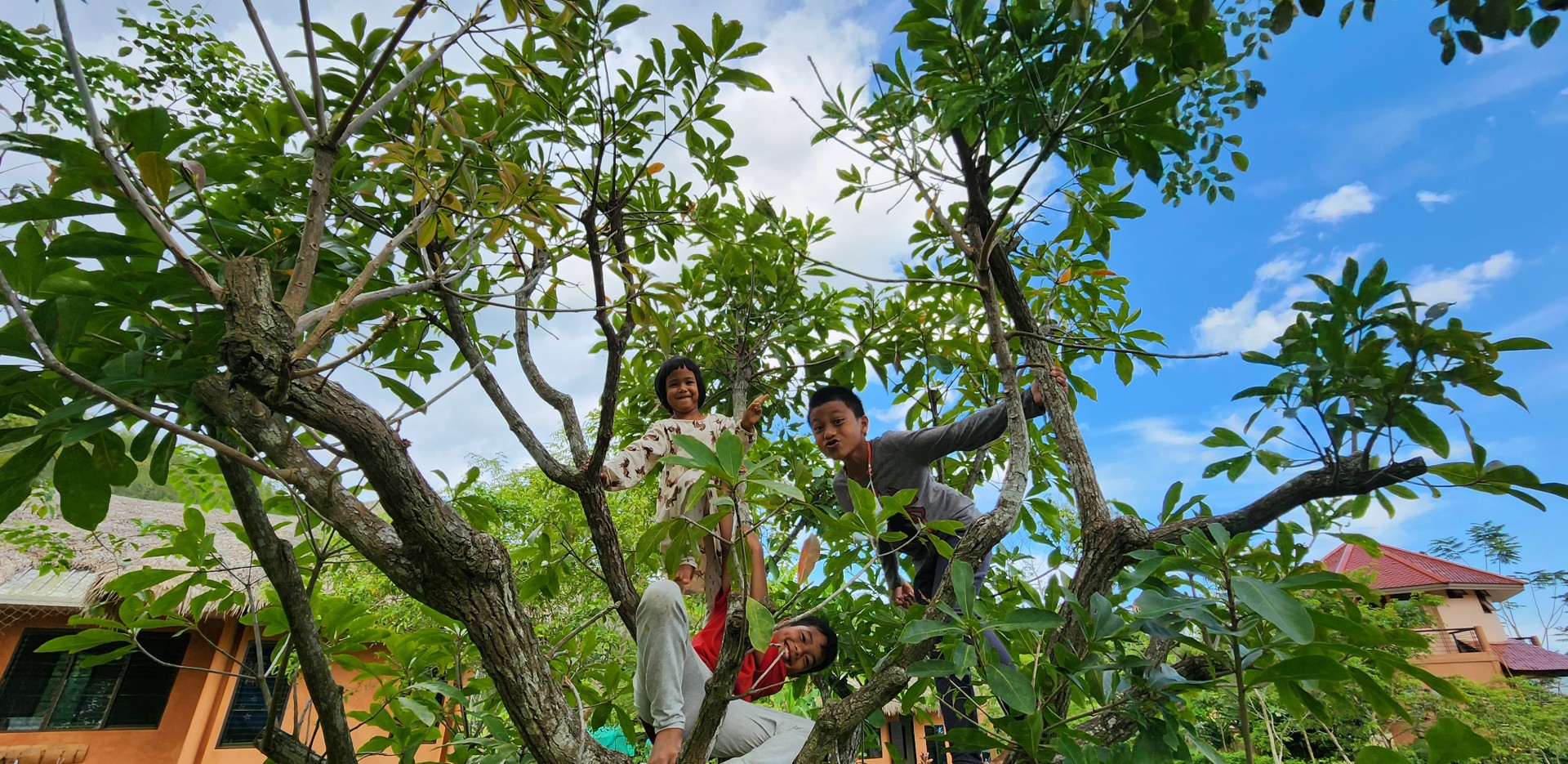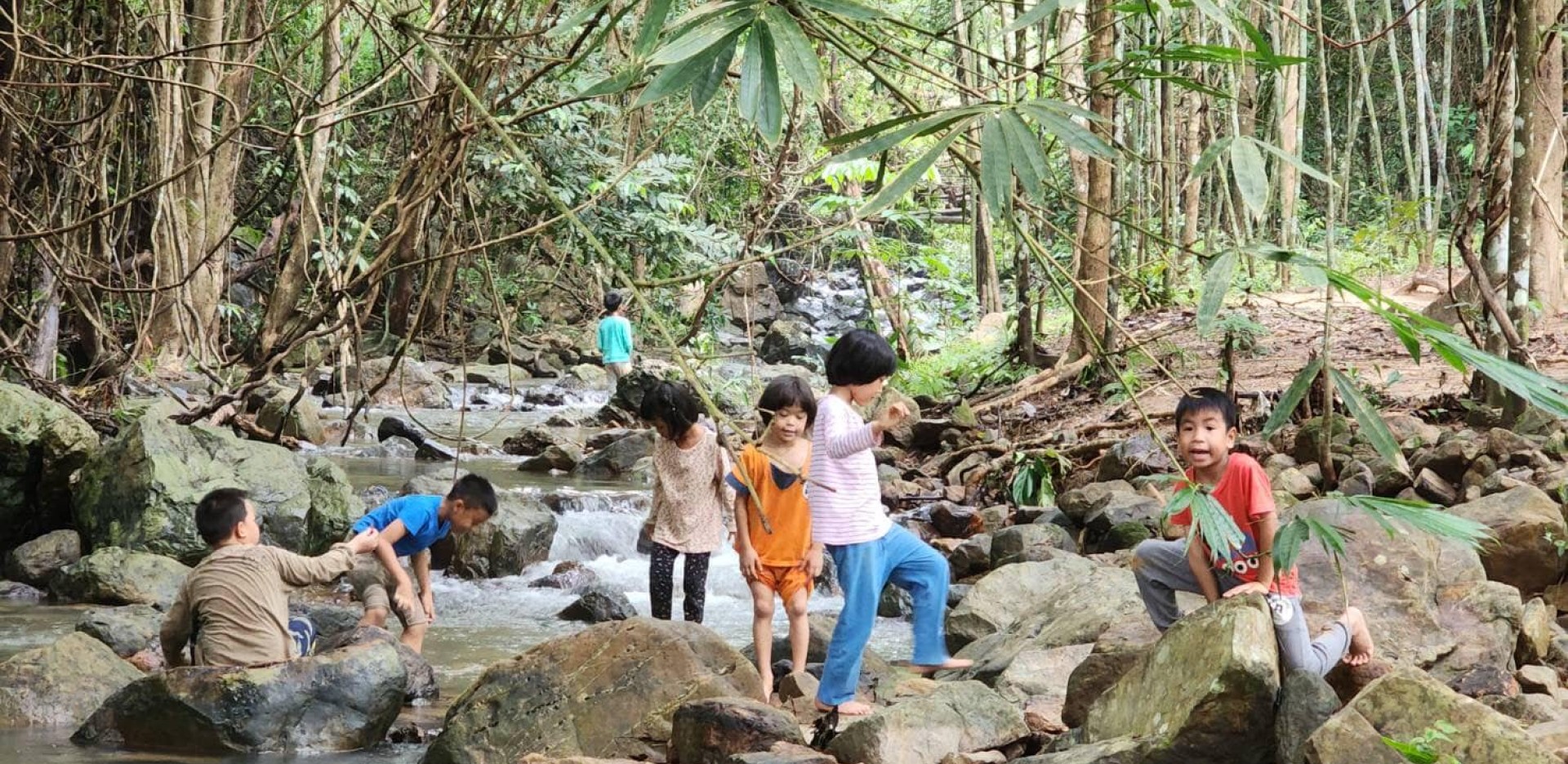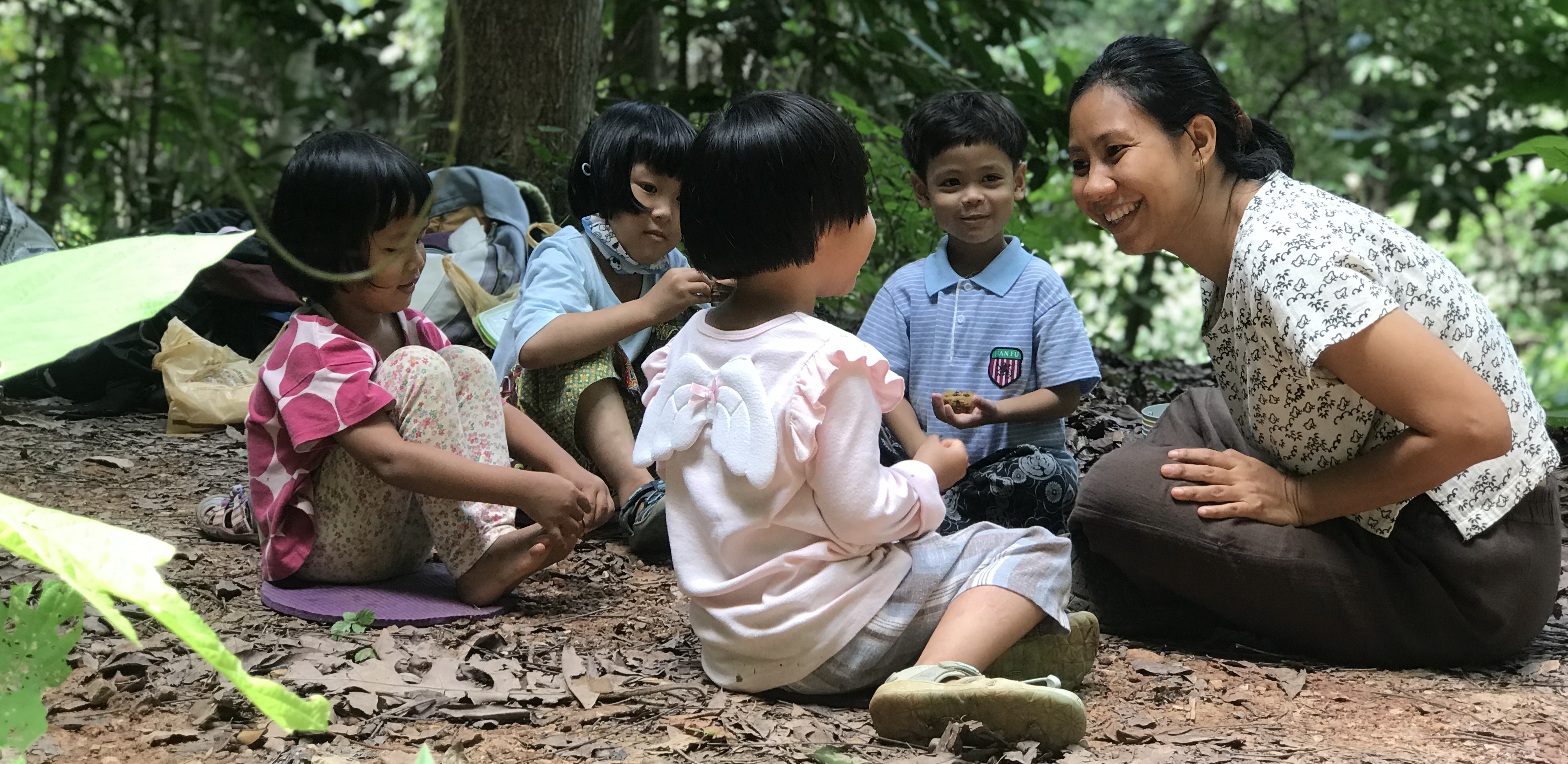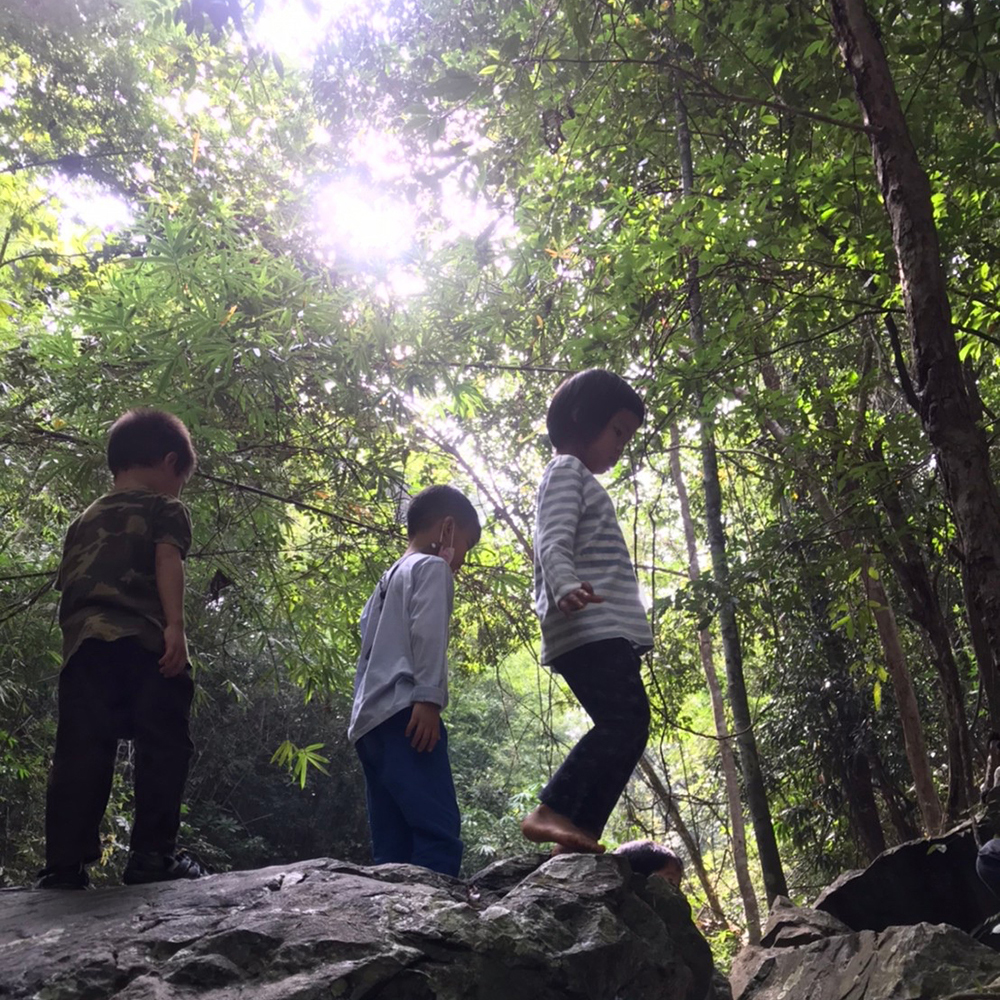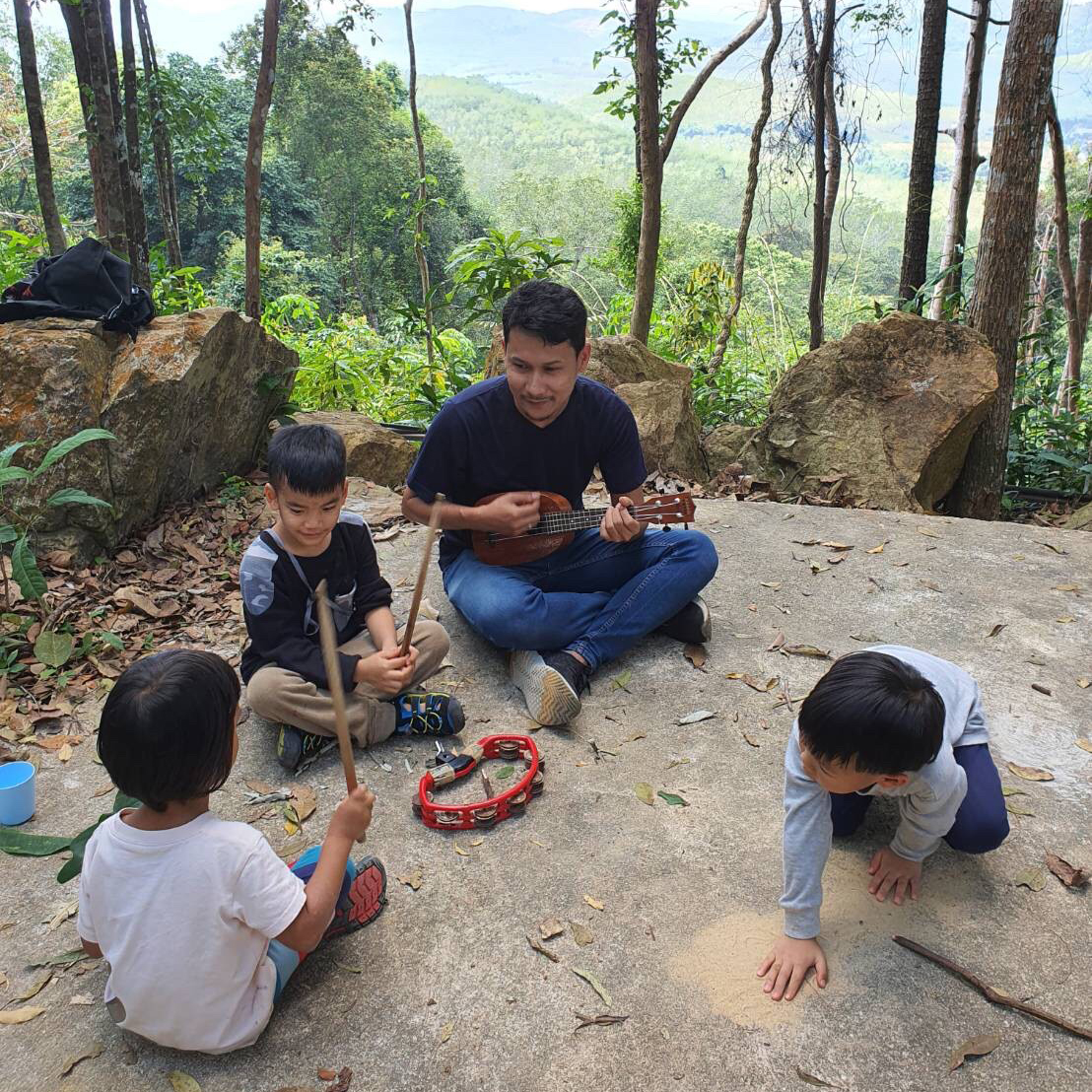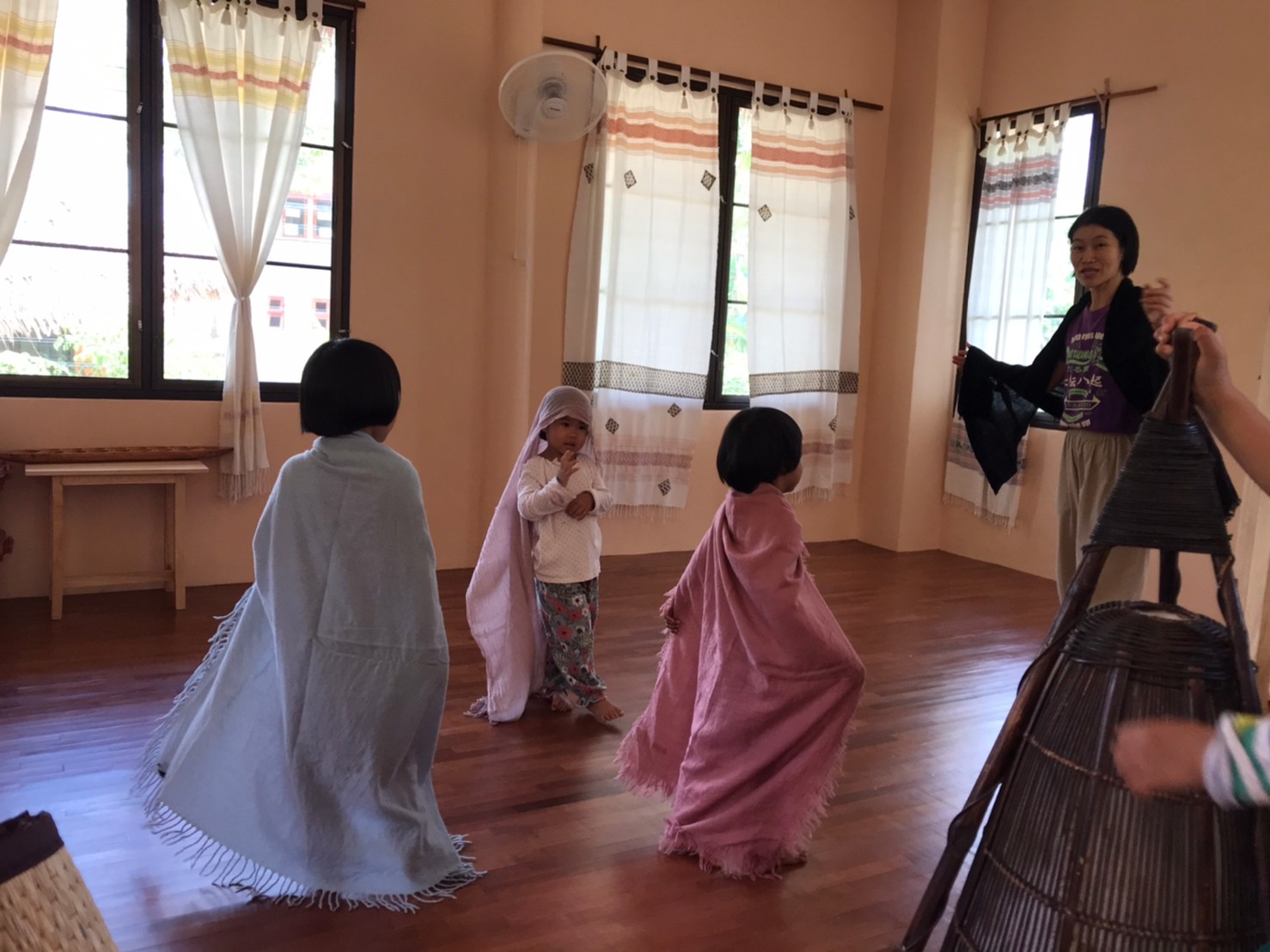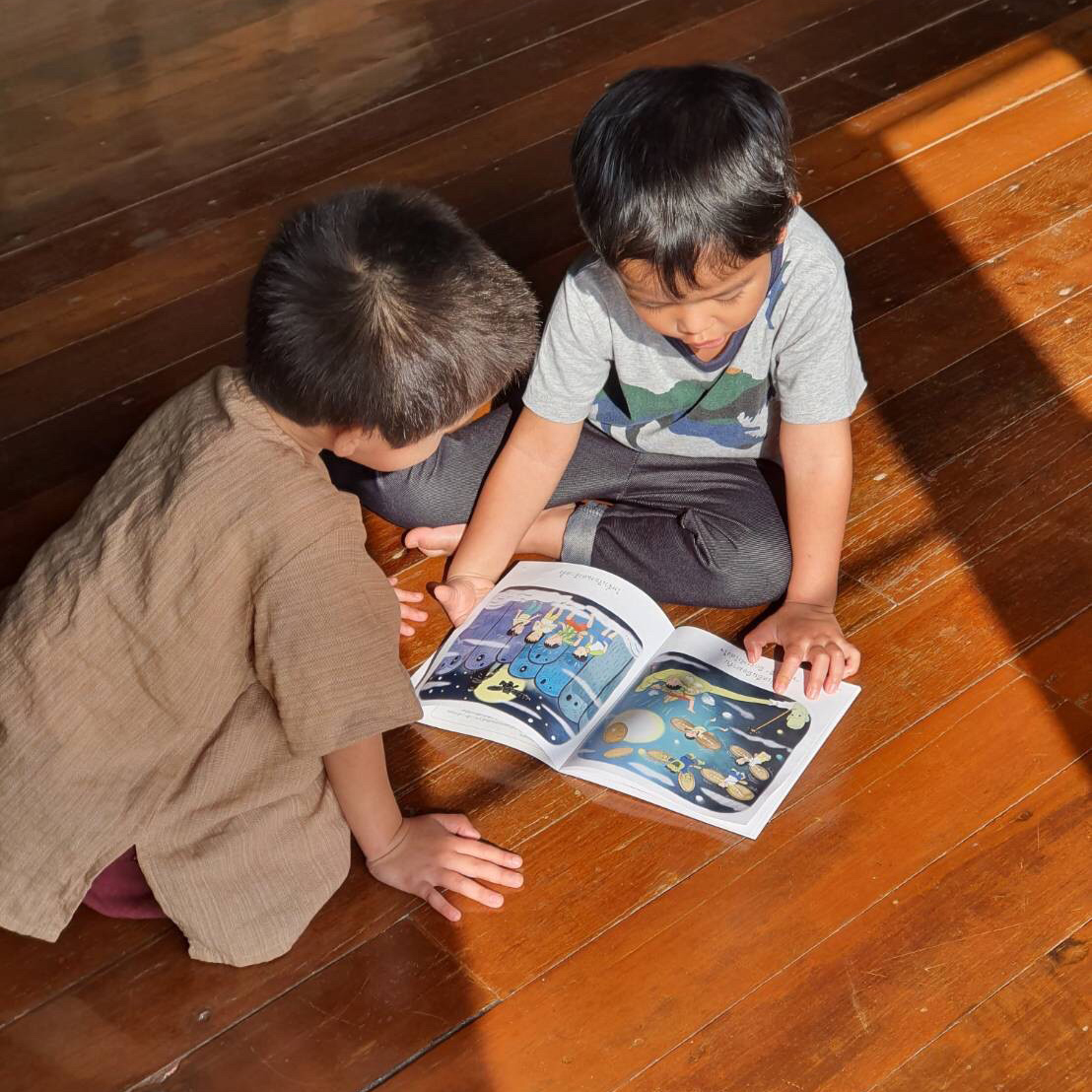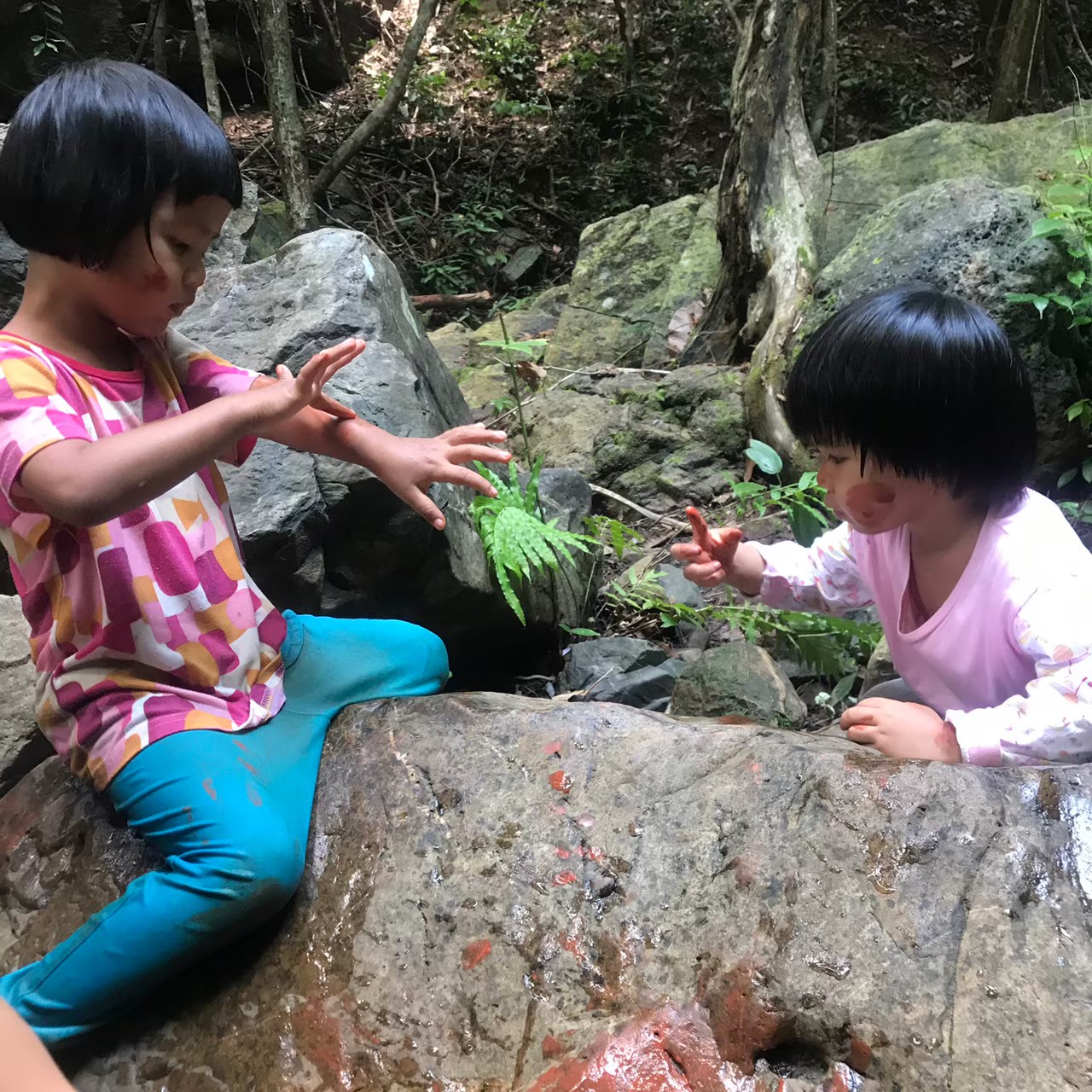Educational Process
Our Learning ProcessAt Wonder Valley children are not taught but are encouraged to learn by asking questions. In an atmosphere of freedom, children explore knowledge, test pre-existing ideas and develop new understandings. Children’s learning becomes more meaningful through first hand experiences in real life contexts, when the body is actively engaged through movement and the senses. Our teachers act as facilitators, not instructors. We believe that all children are unique and full of potential so their learning process must allow them to develop fully in the direction of their own uniqueness at their own pace. For this we incorporate self-directed learning sessions throughout the day for the younger children and broaden the opportunity as children grow older. Self-directed learning with adult guidance also creates a sense of responsibility in the child for their own learning from an early age.
Children become most deeply engaged when they are able to choose what to do. When they are fully engaged, their brain is developing and new synapses form contributing further to their development and “progress”. In contrast, children who are forced into doing something they are not ready to do nor interested in, tend to be bored and passive. Lack of engagement hinders brain development. Our classrooms will be kept small with a high teacher-to-student ratio. Vertical grouping also enables better peer dynamics. Younger children learn from observing the older ones, and the older children can consolidate their learning by helping the younger ones. It also minimises comparison in the mind of the learner and teacher. We believe in integrating language learning into everyday life and nurturing an open-minded attitude towards languages and cultures. English is the main language of communication within our school, supplemented with Thai and Chinese. Integration occurs when each language is used for a meaningful purpose in which the child sees its value. It is our aim that Wonder Valley children will not only be proficient in English but will also be able to use spoken and written Thai language at a functional level.
Our pedagogy is grounded in the constructivist approach, which emphasises learning new knowledge and skills through experiences and actively doing, as opposed to the conventional methods in which students are passive learners awaiting for knowledge to be passed to them. Teachers are trained in how to guide students to ask questions and give attention to the answers that they discover together, not jumping ahead of where the child is, being present and curious in relation with each child’s blossoming interests.
|
|
|||
|
Our curriculum is based on the English National Curriculum and draws content from some of the best approaches in progressive education to reflect our educational principles.
Dialogue between students, teachers and parents forms an integral part of our educational process. What a learner does at school should be harmoniously linked to the home so that they, the parents and educators can grow together socially and emotionally. At Wonder Valley physical health is also of great priority and learners are encouraged to take care of their body through physical exercise such as sports, walks, dance and yoga on campus. We offer simple, protein and fiber-rich meals. We also seek to foster a sense of respect, care and concern for the people living on the campus and the environment itself by involving the entire community in physical chores on a daily basis.
|
||||
